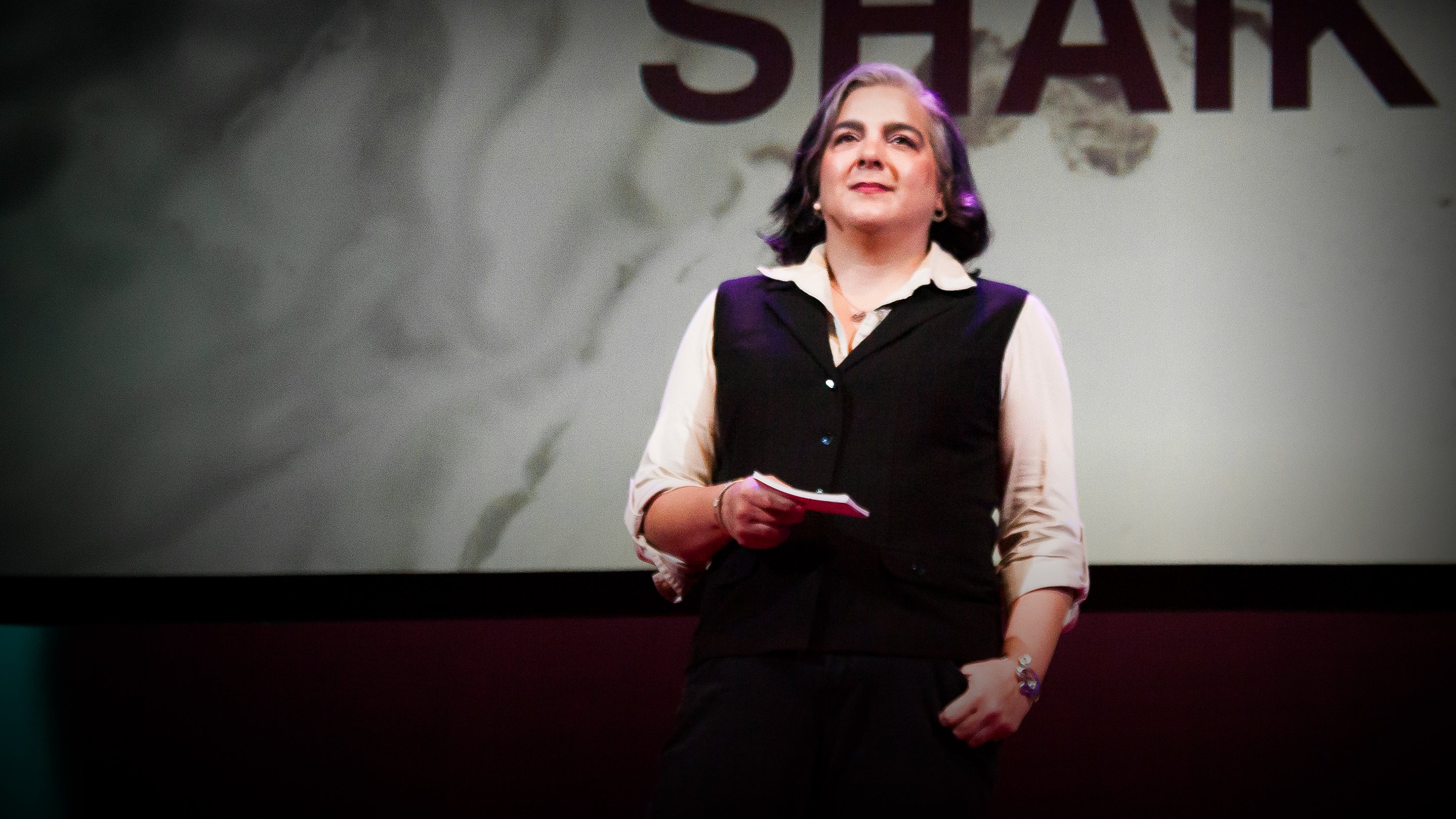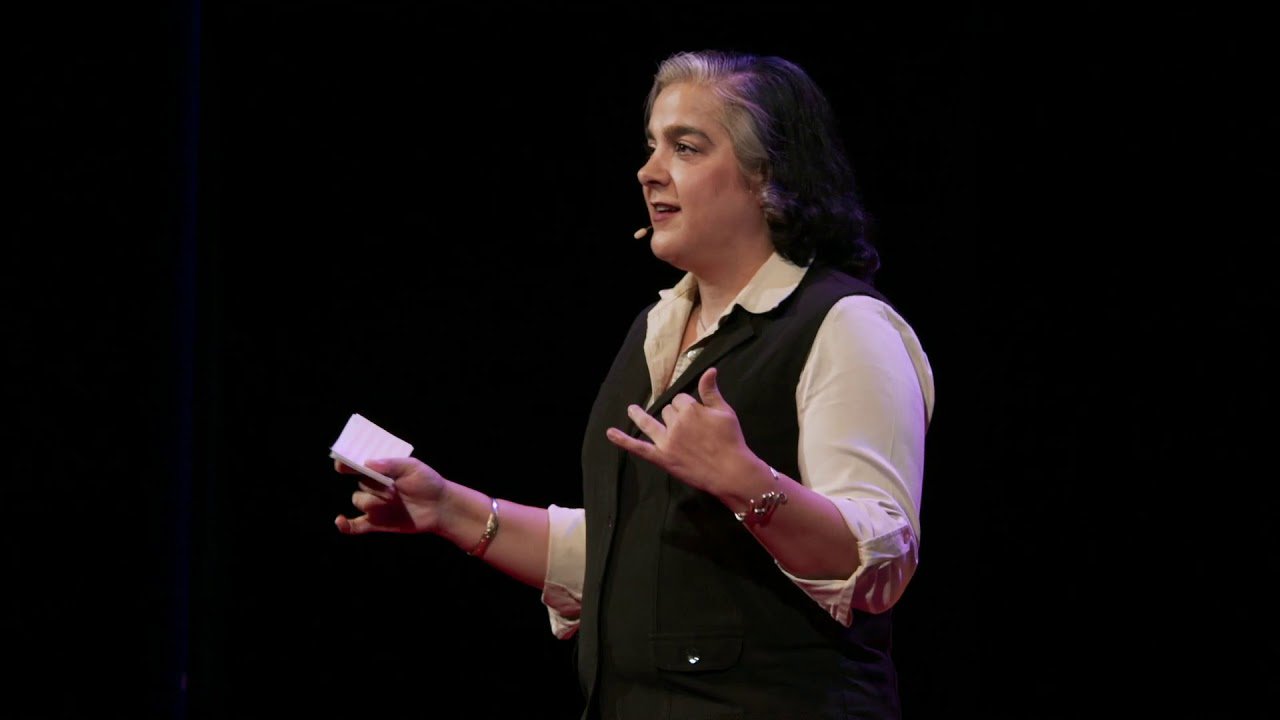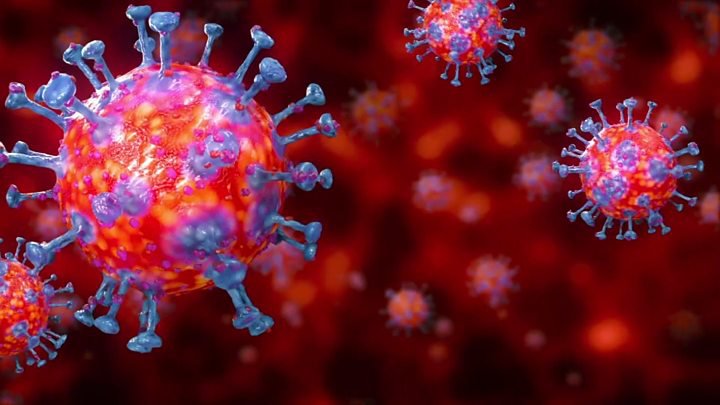While all of us sat at home forming different conspiracy theories and blaming China for the novel Coronavirus, Alanna Sheikh, the global health expert, explains how the recurrence of pandemics like Covid-19 and Ebola is all our fault.

Alanna in her Ted Talk video states every reason why we humans need to rethink our way of living to avoid consistent virus outbreaks because in the near future these outbreaks might become more frequent.
Here are key takeaways from her speech.
This is not the last major outbreak we’re ever going to see. There’s going to be more outbreaks, and there’s going to be more epidemics. That’s not a maybe; that’s a given. And it’s a result of the way that we, as human beings, are interacting with our planet. Human choices are driving us into a position where we’re going to see more outbreaks. Part of that is about climate change and the way a warming climate makes the world more hospitable to viruses and bacteria.

Not just that; she also explains how we actually get infected through the viruses possessed by the animals and trust me it’s got nothing to do with the ‘chamgadar or saanp ka soup’. It’s pretty much what all of us are doing, claiming the space that doesn’t belong to us.
It’s about the way we’re pushing into the last wild spaces on our planet. When we burn and plough the Amazon rainforest so that we can have cheap land for ranching, when wild animals in China are hunted to extinction, human beings come into contact with wildlife populations that they’ve never come into contact with before, and those populations have new kinds of diseases: bacteria, viruses – stuff we’re not ready for. Bats, in particular, have a knack for hosting illnesses that can infect people. But they’re not the only animals that do it. So as long as we keep making our remote places less remote, the outbreaks are going to keep coming. We can’t stop the outbreaks with quarantine or travel restrictions.

While she, like everyone else stresses on the fact that we all need to wash our hands like hundred times a day ( okay, I exaggerated it a little here), she also emphasises on the fact that Coronavirus and many like it is our near future and self quarantining or social distancing is not going stop it. And it’s high time that we as a society start preparing for it in better ways.
If we really want to slow down these outbreaks and minimize their impact, we need to make sure that every country in the world has the capacity to identify new diseases, treat them, and report about them so they can share information. COVID-19 is going to be a huge burden on health systems. I’m not going to talk about death rates in this talk because, frankly, nobody can agree on the COVID-19 death rates right now. But one number we can agree on is that about 20% of people infected with COVID-19 are going to need hospitalization. If we’d been perfectly prepared for COVID-19, China would have identified the outbreak faster. They would have been ready to provide care to infected people without having to build new buildings. They would have shared honest information with citizens so that we didn’t see these crazy rumours spreading on social media in China. And they would have shared information with global health authorities so that they could start reporting to national health systems and getting ready for when the virus spread.
National health systems would then have been able to stockpile the protective equipment they needed and train health care providers on treatment and infection control. But even with all that in place, we would still have outbreaks. The choices we’re making about how we occupy this planet make that inevitable.
So, while India has been under complete lockdown for the next 21 days, we might reconsider our consumption pattern and the choices we make.

















